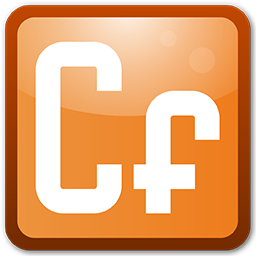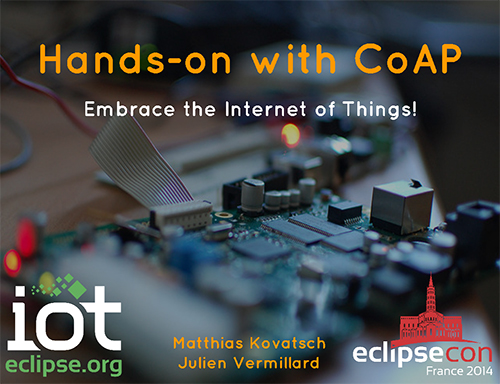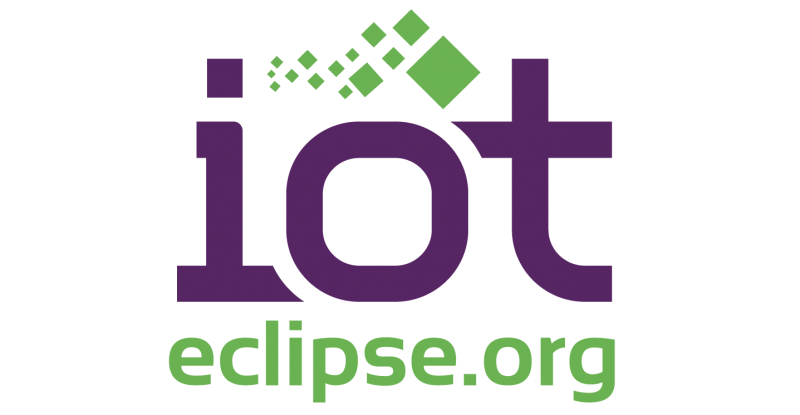Californium (Cf) Core

The project is divided into five sub-projects. The Californium (Cf) Core provides the central framework with the protocol implementation to build your Internet of Things applications. The repository also includes example projects to get you started. All Californium sources are hosted on GitHub, so you can easily contribute through pull requests.
Californium (Cf) is dual-licensed under EPL and EDL. The latter is a BSD-like license, which means the Cf CoAP framework can be used together with proprietary code to implement your IoT product!
Cf is available from Maven Central and very easy to consume in your Java project. We have got your back covered from OSGi wrapper to HTTP-CoAP cross-proxy to advanced test suites that have been used at the ETSI Plugtests.




